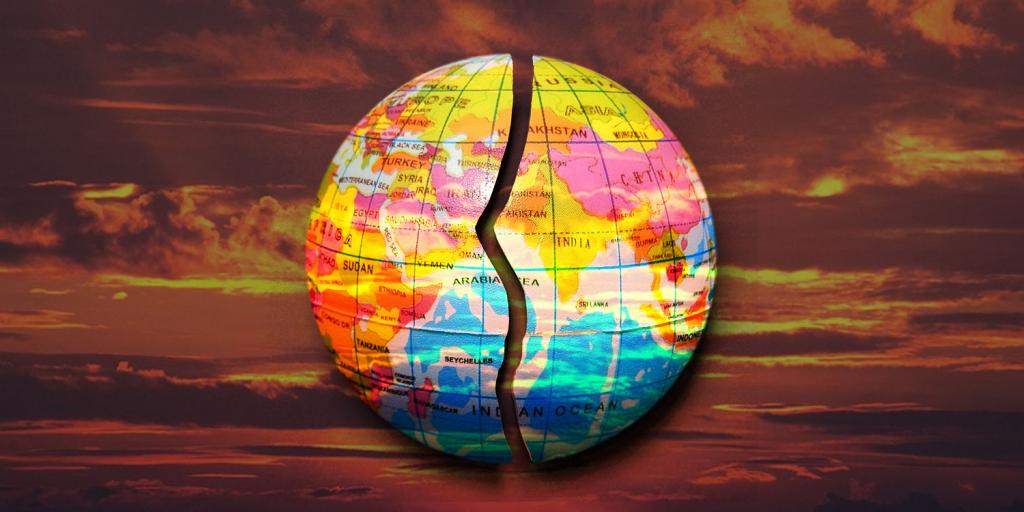
Will the World “Fall Apart” in 2019?
The London Telegraph recently published an article with the sobering title “Geostrategic dystopia: is this the year the world falls apart?” (January 7, 2019). The article states, “This is the year that serial hammer blows to the Western alliance system and the edifice of global governance threaten to bring the old order tumbling down…. Pax Americana is unravelling. The transatlantic concord underpinning the West since the 1950s is dying. Nato, the G7, the G20, the WTO, and the EU are all in varying degrees of crisis.”
Citing the Eurasia Group, the article features numerous ominous terms and descriptions: “Europe’s leadership vacuum… constitutional crisis [in the U.S.]… preemptive cyber strikes… global tech cold war… accident in the South China Sea… populists gain real power on Europe’s largest stage.” These dramatic terms were not used to sensationalize the global situation, but merely to describe events that could occur in the coming year or the near future, based on what is happening today.
But, will the world completely “fall apart” in 2019? Probably not! However, Jesus Christ stated that, at the time of His return, the world will be like the “days of Noah,” with some semblance of normalcy (Matthew 24:37). Yet other scriptures reveal that the world in Noah’s day was also filled with violence and corruption (Genesis 6:5–12), and prophecy tells of increasing social chaos ahead (2 Timothy 3:1–4). The Bible also mentions specific signs that will occur as we approach the end of the age (Matthew 24:3–8). While the world is not going to fall apart in 2019, we need to watch world events in the light of Bible prophecy as we see Christ’s return approaching. For more insights into what 2019 will hold, view our telecast “2019 in Bible Prophecy.”



